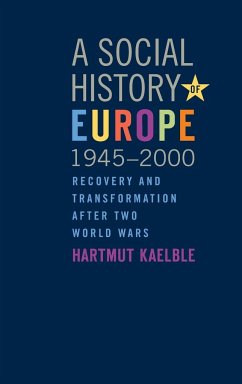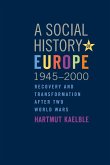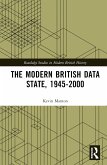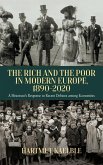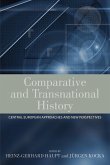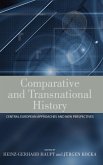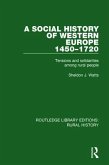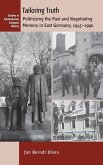Since 1945 Europe has experienced many periods of turmoil and conflict and as many moments of peace and integration: from the devastation felt in the aftermath of World War II to the recovery in the 1950s and 1960s; to the new challenges in the 1970s and 1980s when neoliberal policies led to fundamental social and economic changes, marked by the effects of the oil shock and widespread unemployment; and then 1989 and after when the existing world order experienced new convulsions. In this brilliant and comprehensive work, the author, one of the best known social historians of Europe, discusses a wide range of subjects, not shying away from controversial topics: family structure, work, consumption, values, migration, inequality, elites, civil society, social movements, media, welfare state, education, and urban policies. He focuses on the fundamental changes European societies underwent in the second half of the twentieth century but also explores what divides Europeans, what unites them, and what sets them apart from the rest of the world. This major historical work will be an important and highly sought-after addition for library collections as well as an important volume for course adoptions.
Hinweis: Dieser Artikel kann nur an eine deutsche Lieferadresse ausgeliefert werden.
Hinweis: Dieser Artikel kann nur an eine deutsche Lieferadresse ausgeliefert werden.

